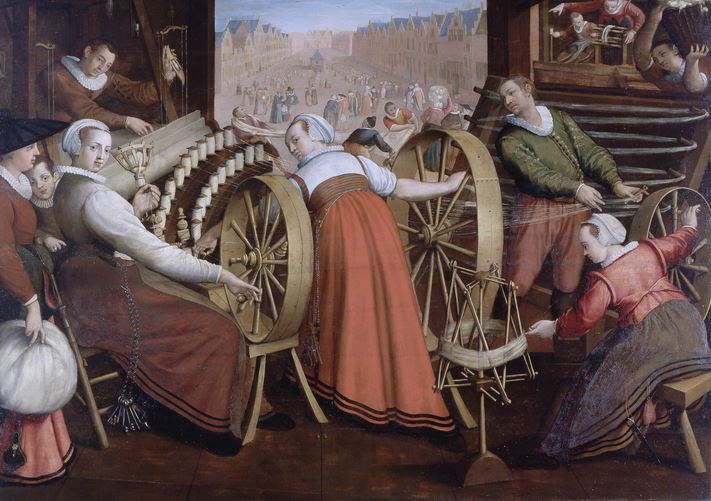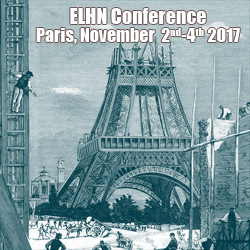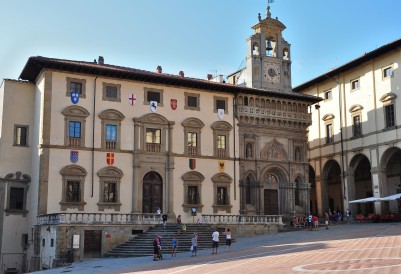16-18 May 2018
University of Glasgow
Invisible Hands: Reassessing the History of Work
It is becoming increasingly clear that attending to the relationship between gender and work demands a fundamental reassessment of the very nature of economic performance, rather than the simple addition of women to existing accounts of economic continuity and change. This conference is designed to foster interdisciplinary and comparative discussion of the insights that gender analysis and feminist economics can bring to the history of work, and the relationship of gendered divisions of labour to economic performance more generally.
The conference will be hosted by the Centre for Gender History at the University of Glasgow, and marks the culmination of the activities of an International Network funded by the Leverhulme Trust on ‘Producing Change: Gender and Work in Early Modern Europe’. Bringing together Partners from the Universities of Autonoma de Barcelona, Cambridge, Glasgow, Leiden, Rouen and Uppsala, the Network has been designed to seize a timely opportunity to foster collaborative and comparative research on the multi-lateral character of both women and men’s work; to reconceptualise economic activity; and to reassess the dynamics of economic change. Continue reading “One Week Left to Submit a Proposal for Invisible Hands: Reassessing the History of Work, Glasgow 16th-18th May 2018”



